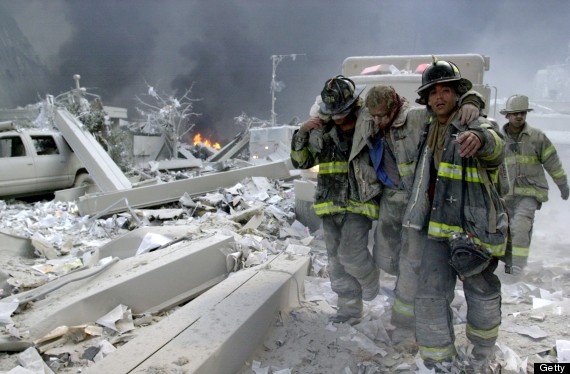Blog #158 – Oral Interviews about 9/11/01
Today, we will commemorate the 22nd anniversary of the worst terrorist attack in American history. Many adults remember where they were when they first heard about this traumatizing event and have vivid memories of watching the events unfold. But since you were born after the attacks, you’ve only heard about it in stories and learned about it through videos. However, one of the ways historians learn about recent events that they haven’t lived through is through oral interviews of people who lived through the events either directly or indirectly.
Link to digital exhibitions for the 9/11 Memorial and Museum found here: https://www.911memorial.org/learn/resources/digital-exhibitions
Subject: The 9/11/01 terrorist attacks and the days afterwards.
Interviewee: A person preferably aged 30 or above.
Suggested equipment: paper and pen or pencil for notes; suggest that you use a phone to record the interview.
Procedure:
- Get permission to take notes / record interview.
- You can use the questions below or add more / different questions – try to make questions that elicit more than a “yes” or “no” answer. You can always ask follow-up questions for clarification, explanation.
- Keep eye contact, nod and smile at appropriate times.
- Thank them for their time after you’re done. Also, ask them if they’d like a written transcript of the interview. Provide them w/ one if they say yes. (For this assignment, you can direct them to the blog website: grovesapush.edublogs.org).
Potential questions
- What is your name? How old were you on 9/11?
- What is your first memory of when you first heard about the attacks? What kind of conclusions did you come to about the planes crashing into the buildings (did you at first think it was an accident or was it something worse)? Why?
- Where were you when the attacks happened? What were other peoples’ reactions to the attacks?
- Have you ever been to New York City or Washington D.C.? If so, how did that affect your reactions to the attacks? If not, how did the attacks alter / change your views of the cities and their inhabitants?
- Did you know anyone in the cities? If so, did you try to contact them to see if they were o.k.? What was the conversation like?
- If you were stranded in another city after 9/11, how did you cope with being away from family?
- What were other peoples’ reactions like in the days after the attacks?
- Could you describe your most vivid memory of that day, 9/11?
- How did life change for you in the immediate aftermath of the attacks?
- What do you remember of the media coverage of the attacks?
- What did you think of President Bush’s address later that night? (Show them the transcript here or video below.)
- How did life change for you and your family in the weeks and months immediately after 9/11?
- What are your opinions about the wars in Afghanistan and Iraq? Explain.
- Now that it’s been over 20 years since the attack, how do you think America has changed since that day? Why? Has America stayed the same since then? In what ways?
Your job:
Share a minimum of five questions and answers on Blog #158 (300 words minimum) and include your personal reaction to the interview and the shared memories of 9/11/01 (100 minimum). If you interview more than one person for this blog, please indicate the persons’ names.
Blog due by Tuesday, Sept. 19 by class.
Link to the 9/11 Memorial and Museum interactive timeline of events – https://timeline.911memorial.org/#FrontPage
Learn more about the 9/11 attacks, what came before, survivors’ stories, the clean-up, and the debate over how to commemorate the attacks and honor the victims – – https://www.911memorial.org/learn/resources/911-primer

